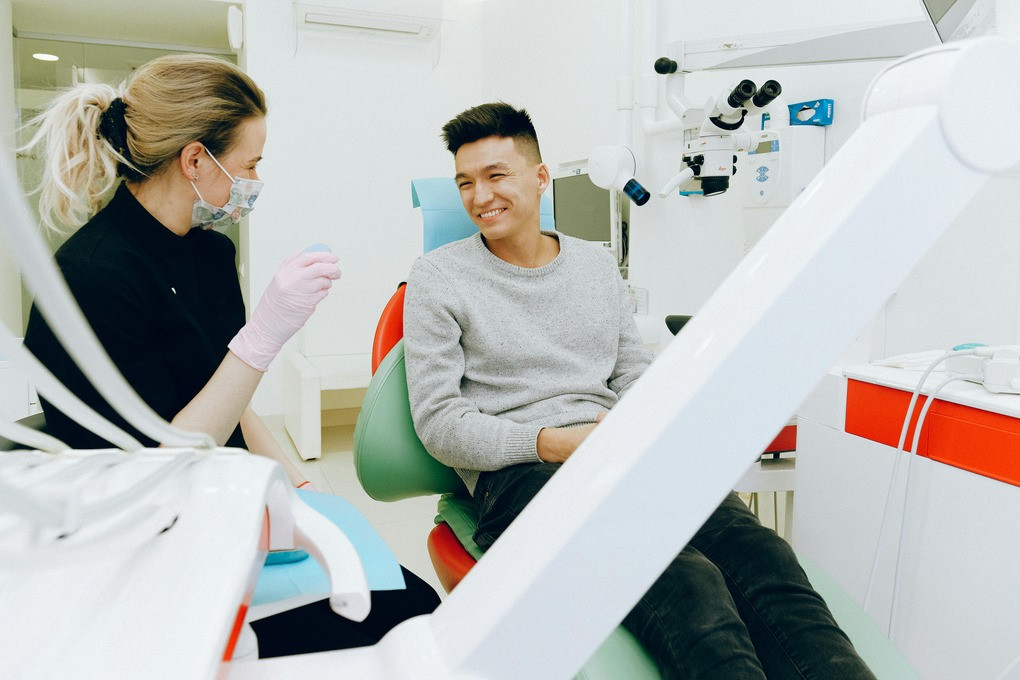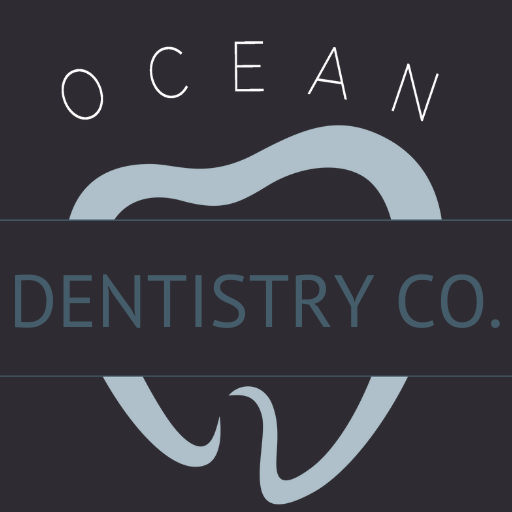How Porcelain Dental Veneers Work
In cosmetic dentistry, porcelain dental veneers represent innovation, combining aesthetic appeal with functional competence. These wavy shells of ceramic material are a new way of looking at dental imperfections - a revolutionary solution for those wanting to improve their smile—this comprehensive exploration of porcelain veneer mechanics, benefits, and artistry.
Evolution of Cosmetic Dentistry
Cosmetic dentistry has undergone a metamorphosis over the decades. From basic tooth whitening to sophisticated implant procedures, the industry has always pushed the envelope of what's possible in oral aesthetics. This evolved into porcelain veneers - a less invasive but more effective way to transform a smile.
Understanding Porcelain Dental Veneers
The basic porcelain dental veneers are shells of tooth-colored material covering the teeth' front surface. They serve mainly to correct many dental imperfections for a better appearance. They may include discoloration and wear, chips, cracks, and misalignment.
The composition of porcelain veneers testifies to modern materials science. The Porcelain Dental Veneers themselves are made of high-grade dental porcelain, which is strong and translucent like real tooth enamel. It is usually feldspar-based ceramic, which is tough and reflective, giving teeth a natural, shiny look.
The Veneer Application Process
Getting porcelain dental veneers starts with a consultation. In this crucial appointment, the dentist examines the patient for oral health and aesthetic goals and determines if veneers are appropriate. Sometimes, this consultation involves digital imaging and smile design software to show you some possible results.
When you decide to proceed, the tooth preparation phase begins. This removes a very small amount of enamel from the surface of the tooth-less than a millimeter - in this step. This creates space for the veneer without being bulky or unnatural. The process takes precision and artistry because the dentist has to balance space requirements with tooth structure preservation.
After preparation, impressions of the teeth are taken, which provide the blueprint for the custom veneers. For many modern procedures, digital impressions have replaced molds with greater accuracy and patient comfort. While the permanent veneers are being fabricated, temporary veneers are placed to protect the prepared teeth and provide aesthetic improvement while awaiting fabrication.
The porcelain dental veneers themselves are made in specialized dental laboratories. Master ceramists craft veneers exactly to the patient's liking in color, translucency, and texture. This phase may take several weeks as each veneer is handcrafted.
The final fitting and bonding of veneers completes this process. Each veneer is placed by the dentist with minute adjustments for bite alignment. When satisfied, a special light-sensitive resin is bonded to the teeth. It is then cured with a high-intensity light for a long-lasting bond.
Benefits of Porcelain Dental Veneers
The appeal of porcelain dental veneers is in their benefits. They can correct many dental imperfections aesthetically, covering severe discoloration, correcting minor misalignments, and closing small gaps.
Another benefit of porcelain veneers is their durability. If maintained properly, these dental enhancements can last between 10 and 15 years. This long life is due to the strength of the porcelain and modern bonding techniques.
Porcelain veneers are stain-resistant. Unlike natural teeth that may be stained by coffee, wine, or tobacco, the non-porous surface of porcelain veneers keeps them looking new for longer.
Candidacy for Porcelain Veneers
While porcelain veneers can treat many dental issues, they are not right for every patient. Ideal candidates typically have healthy teeth and gums and sufficient enamel. They should also practice good oral hygiene to help the veneers last.
Conversely, some contraindications exist for porcelain veneers. No candidate may have significant tooth decay, active gum disease, or weakened teeth from large fillings. Also, people who grind their teeth (bruxism) might want to consider such habits before they get veneers because they can wear down the veneers.
Dental Veneer Maintenance and Care
Maintenance of porcelain veneers is simple but very important for their longevity. Brush, floss, and have your teeth checked regularly. Although the veneers resist decay, the underlying teeth and surrounding gums must also be maintained.
Patients are often warned against habits that damage the veneers, such as biting on hard objects or using teeth as tools. Additionally, even though porcelain veneers are stain-resistant, a good diet and avoiding staining substances may also preserve their appearance.
Potential Risks and Complications
Like any procedure involving teeth, porcelain veneers can have risks and complications. They may include increased tooth sensitivity in the days following surgery. Sometimes, veneers chip or come loose and need repair or replacement.
Some patients feel uncomfortable or unhappy with the appearance or feel of their veneers. This is why selecting a skilled cosmetic dentist and being transparent during the procedure is important.
Cost Considerations
Investment in porcelain veneers is high, reflecting the quality of materials and expertise required for their creation and application. The costs depend on location, the number of teeth to be treated, and the complexity of the case. Almost all dental insurance does not cover veneers as a cosmetic procedure.
Alternatives to Porcelain Veneers
Even porcelain veneers are not the only option for many dental problems. Alternates include composite bonding, which applies a tooth-colored resin directly to the teeth. This method is less costly and can be completed in one visit, but it may not be as long-lasting or stain-resistant as porcelain veneers.
Dental crowns are another option for teeth requiring more extensive restoration. Sometimes, orthodontic treatment is recommended to correct alignment issues before placing veneers. Getting a cosmetic dental consultation can help you answer all of these questions.
Advancements in Veneer Technology
There is always more to cosmetic dentistry, including new veneer technologies. Software for digital smile design enables precise planning and patient preview of results. Newer ceramic materials make even thinner, more resistant veneers that require less tooth reduction.
Choosing the Right Dentist
Successfully performing a porcelain veneer depends mainly on the skill and artistry of the dentist. Patients should find cosmetic dentists trained in veneer application. Looking at before/after photos of previous patients and reading testimonials may give you insight into a dentist.
Patient Testimonials & Case Studies.
Patient testimonials and case studies may best demonstrate the transformative power of porcelain veneers. Those real-life examples demonstrate both the physical and emotional benefits of a new smile. From renewed self-confidence in the private and professional setting to social interaction enthusiasm, porcelain veneers have effects that go well beyond aesthetics.
The Future of Porcelain Veneers.
The trajectory of porcelain veneers looks promising. Research into biocompatible materials and advanced bonding techniques will only make veneers stronger and more natural-looking. Also, artificial intelligence in smile design and treatment planning may change how veneers are conceptualized and created.
Porcelain dental veneers represent a meeting point between art and science in modern dentistry. They're a great way to make a person's smile pop—they fit in with natural teeth for a natural look that lasts. As technology improves, we can expect even more refined and accessible veneer options, cementing their place as a cornerstone of cosmetic dentistry.
Searching for a Dental Veneers Cosmetic Dentist near you in Ocean Township?
At Ocean Dentistry Co., we provide personalized and comprehensive cosmetic dental veneer services. Call us today and get the Hollywood smile your friends will be jealous of.
We are members of:
- Academy of General Dentistry
- American Academy of Implant Dentistry
- American Dental Association
- New Jersey Dental Association
You can book an appointment by calling (732) 722-9572.



